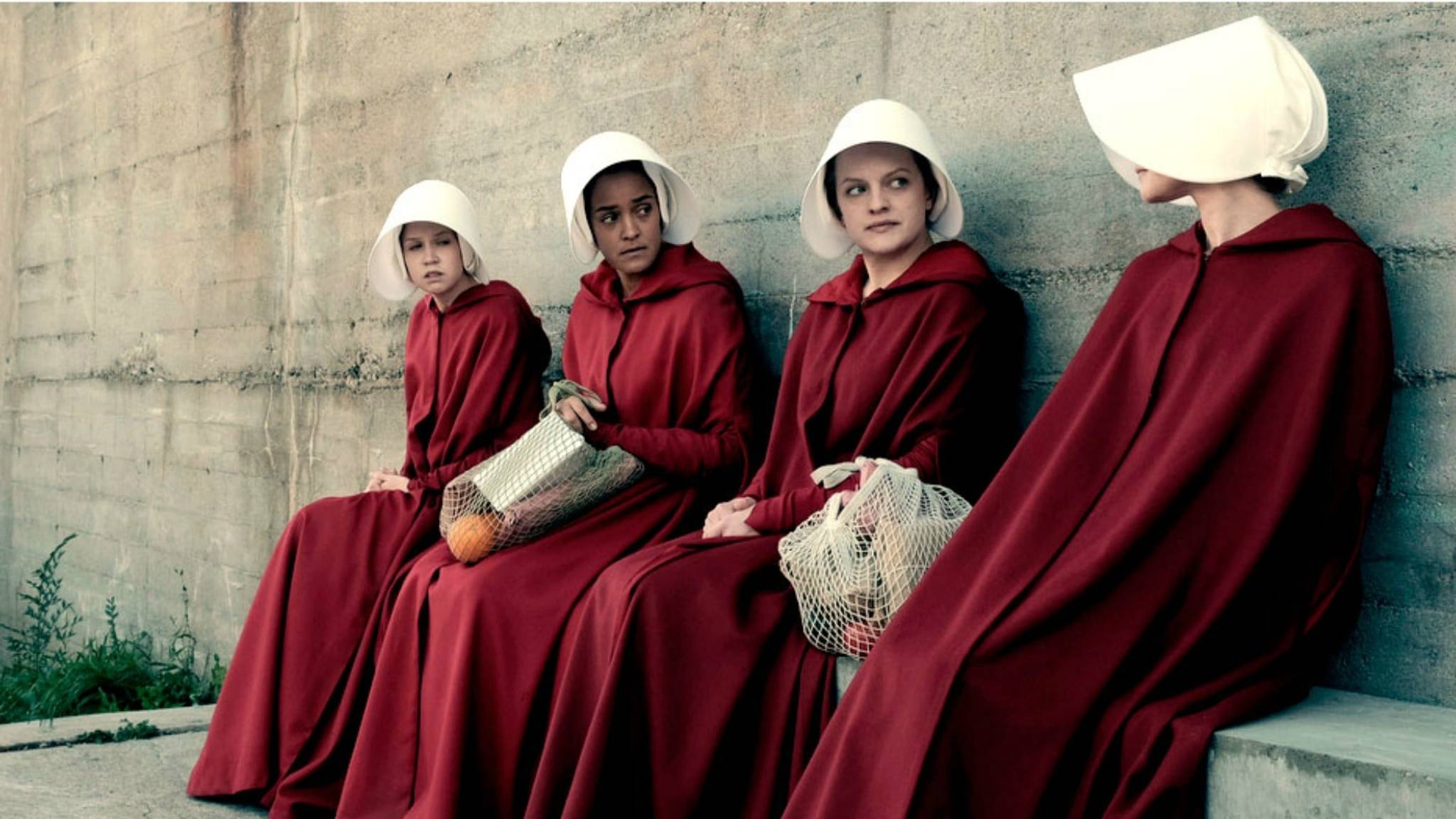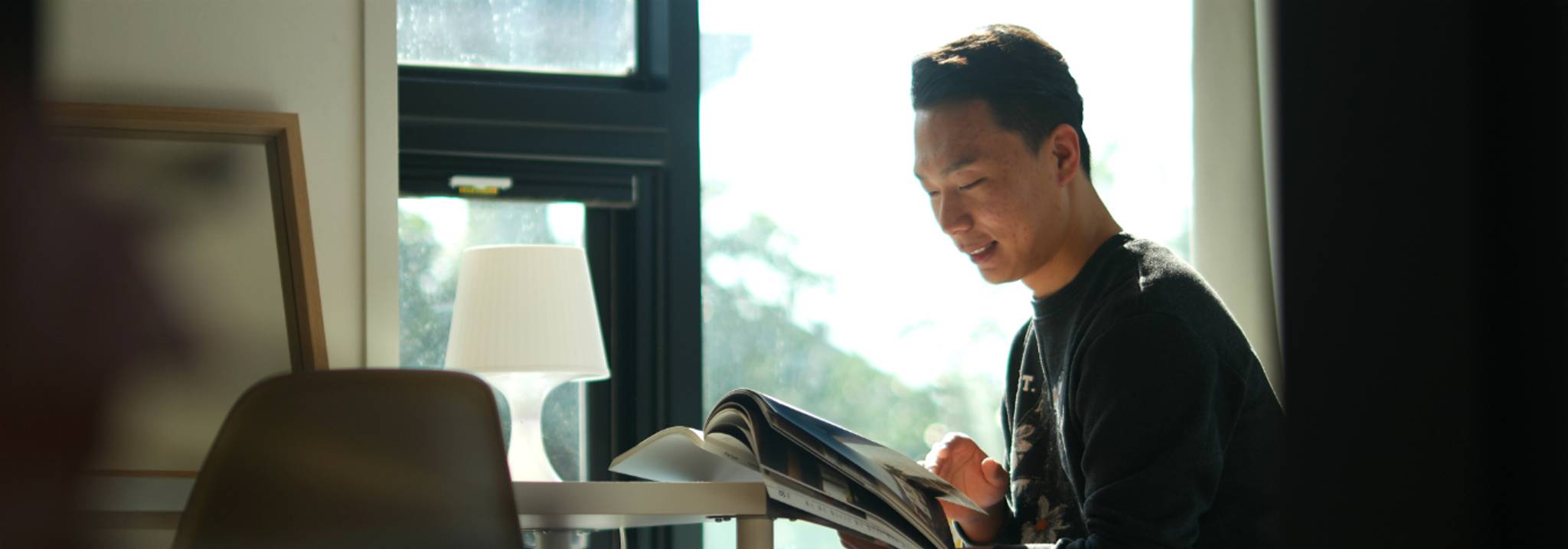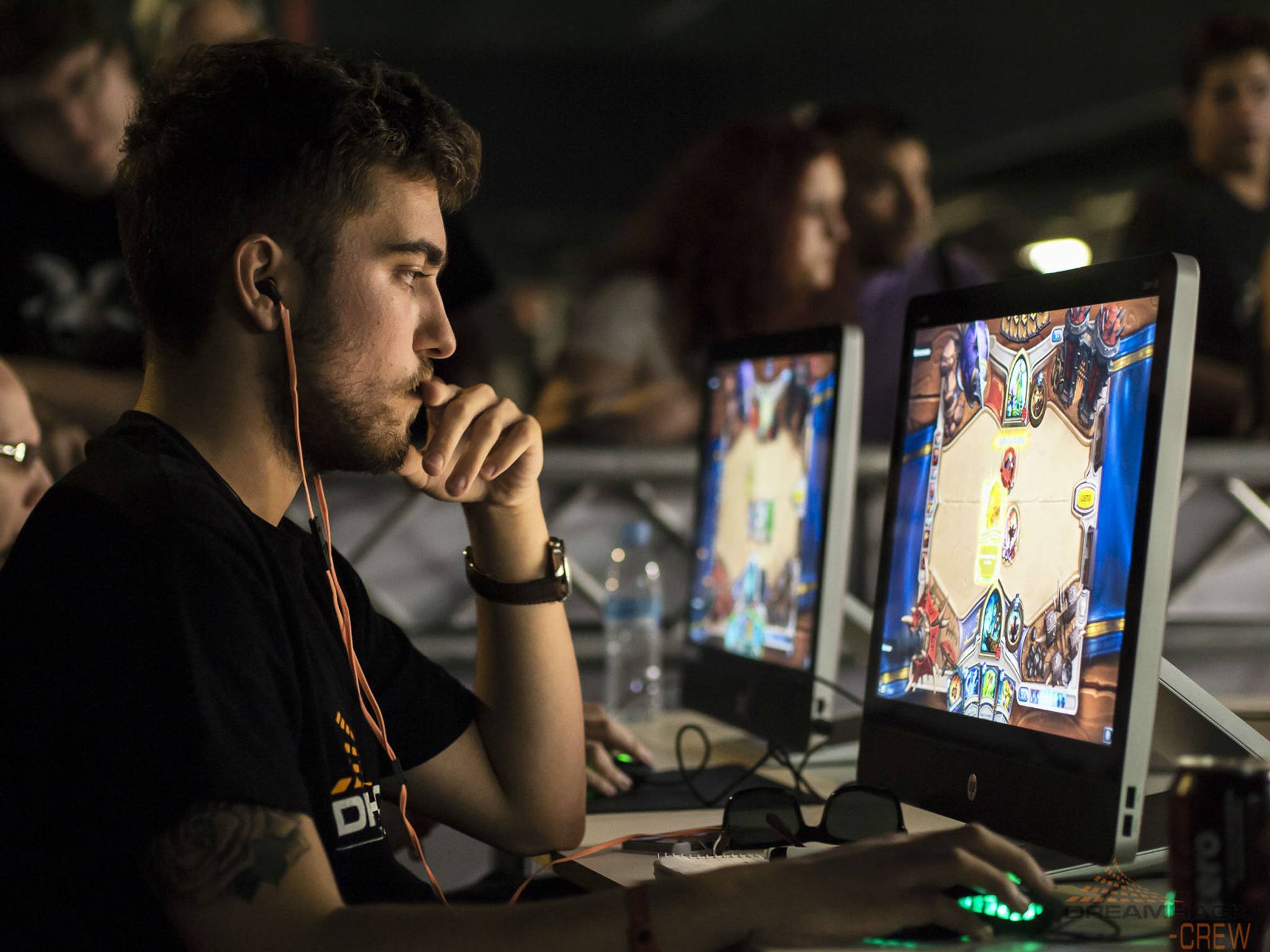
Dystopian narratives in pop culture have long been used to reflect real-world fears held by both niche groups and the entire global population. So, how are books, films, and TV series highlighting contemporary concerns? And how might a general sense of pessimism impact people’s behaviours?
Gregory Claeys is professor emeritus of the history of political thought at the University of London. He has done a TED talk on why utopias are important for humankind and was elected chair of the Utopian Studies Society (Europe) in 2016. His books include Searching for Utopia: the History of an Idea, Dystopia: A Natural History, and the forthcoming Utopianism for a Dying Planet.
Sherryl Vint is a professor of science fiction media studies at the University of California, Riverside. Her work begins from the premise that popular culture both expresses the cultural anxieties and preoccupations of its contemporary audience and intervenes in the construction of cultural common sense.
Edoardo Biscossi is a behavioural analyst at Canvas8. He has a degree in Politics and an MSc in Consumer Behaviour. He’s interested in culture, people, art, the future, the niche, and the mass.



